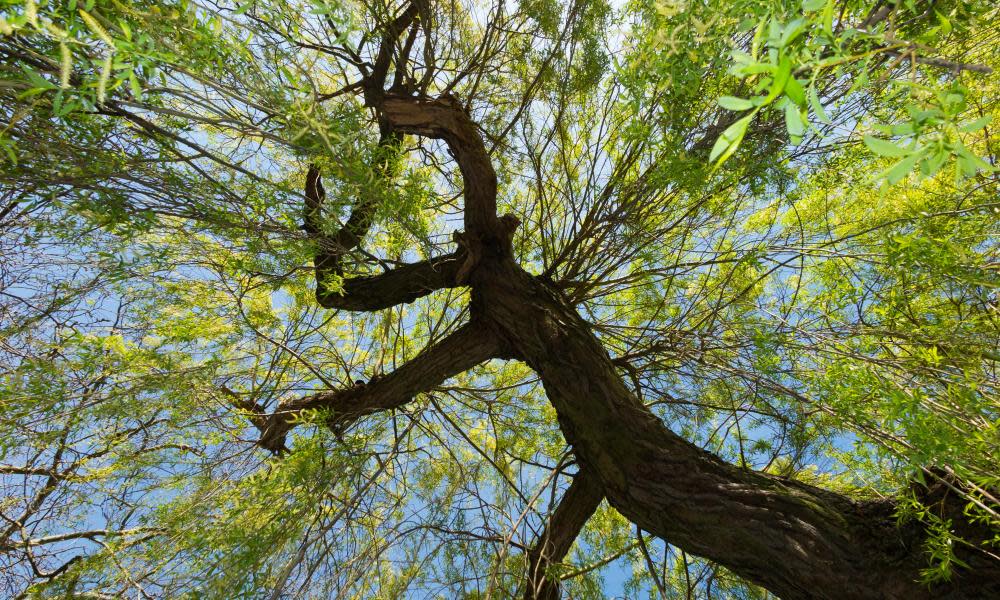Could the willow help us fight cancer?

Willow trees are a pharmaceutical treasure trove. The ancient Egyptians used its bark for relieving pain, inflammation and fevers, and science has since shown these medical powers came from an ingredient called salicin, named after salix, the Latin name for the tree. That discovery eventually led to the manufacture of aspirin, one of the most widely used medicines in the world.
Recently another potential drug has been found in willow, one with anti-cancer powers. Scientists at Rothamsted Research in Hertfordshire, working with cancer biologists at the University of Kent, discovered a chemical called miyabeacin in willow that can kill various types of cancer cells, some of them resistant to other drugs. It showed particular promise against neuroblastoma, a childhood cancer that is difficult to treat. And in laboratory tests, miyabeacin was also effective against breast, throat and ovarian cancer cells. Because it has a similar chemical structure to aspirin, it may also have similar anti-inflammatory and blood-thinning properties.
Willow and many other plants also contain a related chemical called salicyclic acid. This is a powerful hormone they use to fight off diseases, for seed germination, root and flower development, coping with drought and other stresses, and much else.


